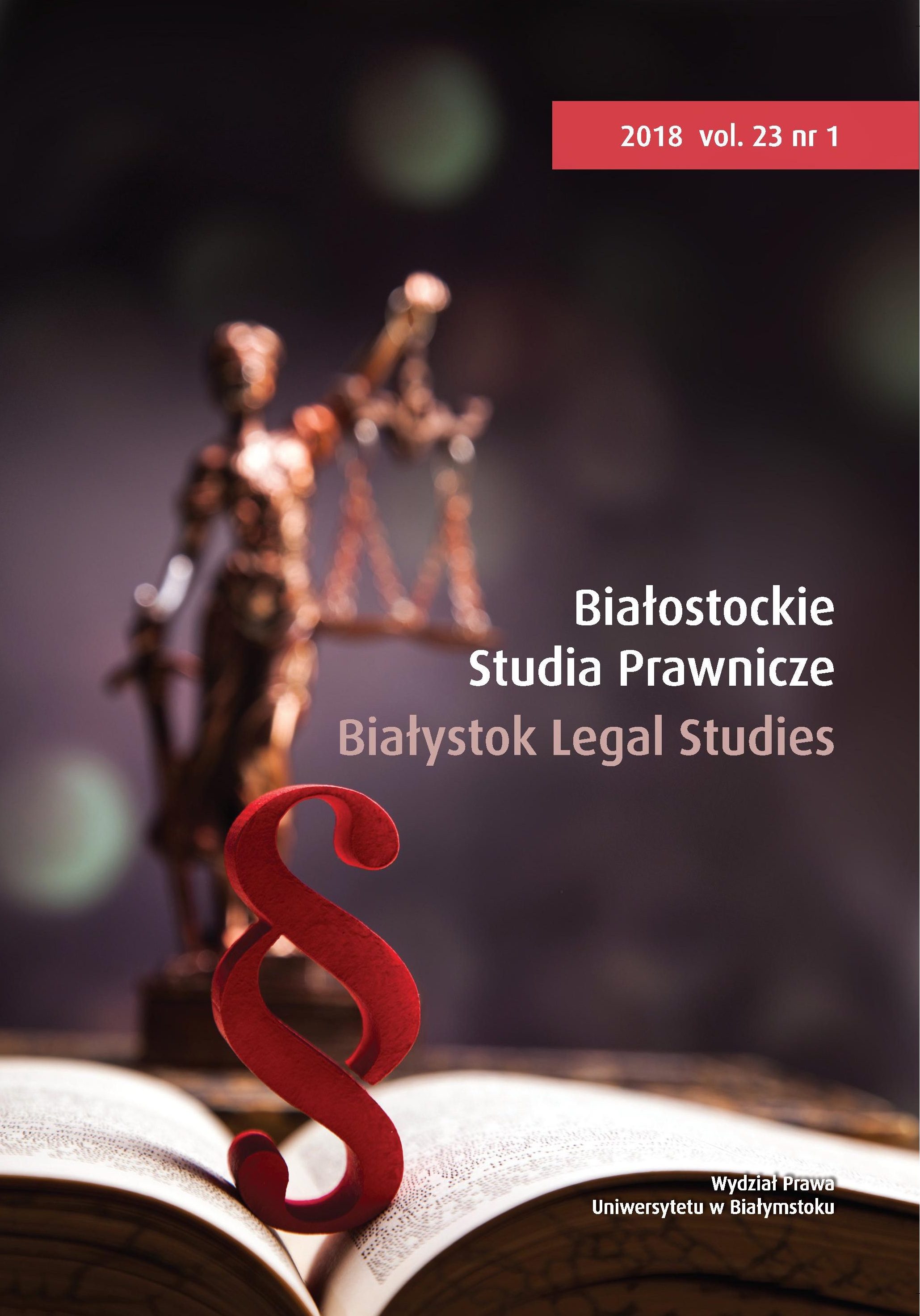Zakres przedmiotowy i podmiotowy zażalenia w polskim procesie karnym
Complaint in the Polish criminal proceedings – types of contested decisions and parties entitled to of the remedy
Author(s): Paweł CzarneckiSubject(s): Law, Constitution, Jurisprudence, Criminal Law
Published by: Temida 2
Keywords: appeal measures; appellate proceedings; complaint; right to a fair trial; principle of two instances; Code of Criminal Procedure
Summary/Abstract: This article concerns procedural decisions that enable a complaint to be brought in criminal proceedings and the parties entitled to initiate this measure. It is worth emphasizing that the principles of appeal proceedings originate both in Polish law, primarily the Constitution of the Republic of Poland, as well as in international agreements such as the European Convention for the Protection of Human Rights. According to art. 459 § 1 Code of Criminal Procedure, complaints may be brought against the decisions of a court which preclude the rendering of a judgment, against decisions with respect to a preventive measure, as well as against other decisions in cases prescribed under the Act. The right to file a complaint is vested in the parties and in any other person directly concerned by the decision, unless otherwise provided for in the Act. The article lists the features of the complaint and the indicated decisions to which the complaint applies. It then proceeds to criticize the current applicable provisions of the Code of Criminal Procedure in this regard. The article stresses the importance attached to the right to appeal against judgments and decisions made in the first instance, the connection between the complaint and the principle of twoinstances, and the principle of the right to a fair trial. The author concludes by offering six postulates that may serve to improve the procedure initiated by the complaint.
Journal: Białostockie Studia Prawnicze
- Issue Year: 23/2018
- Issue No: 1
- Page Range: 33-45
- Page Count: 13
- Language: Polish

